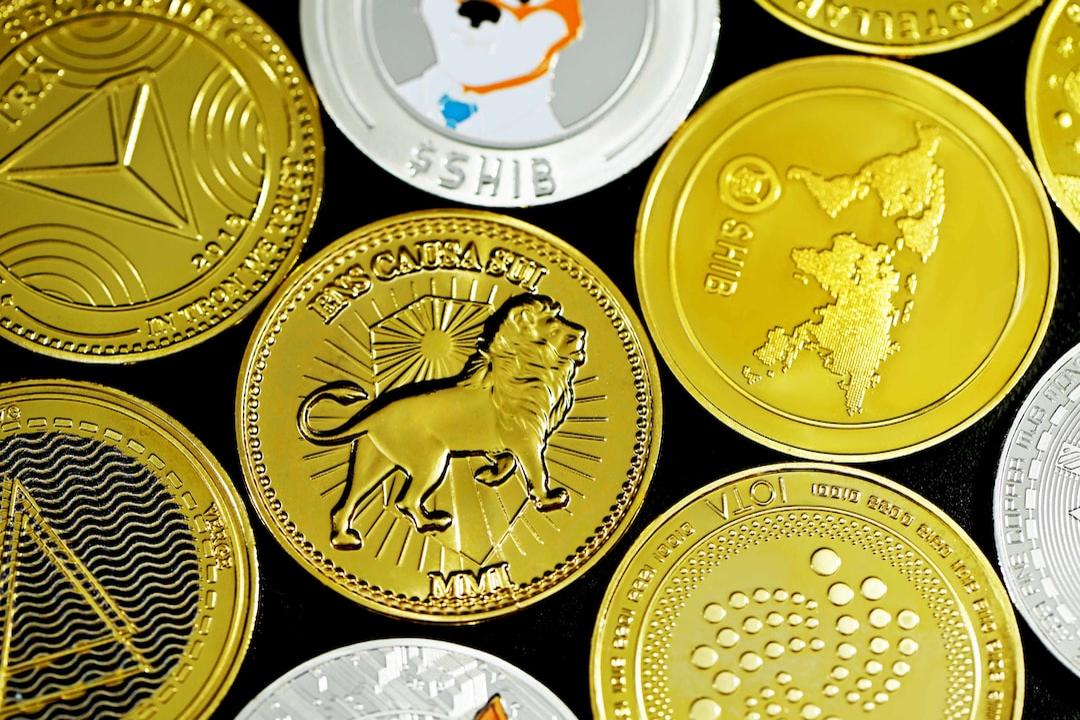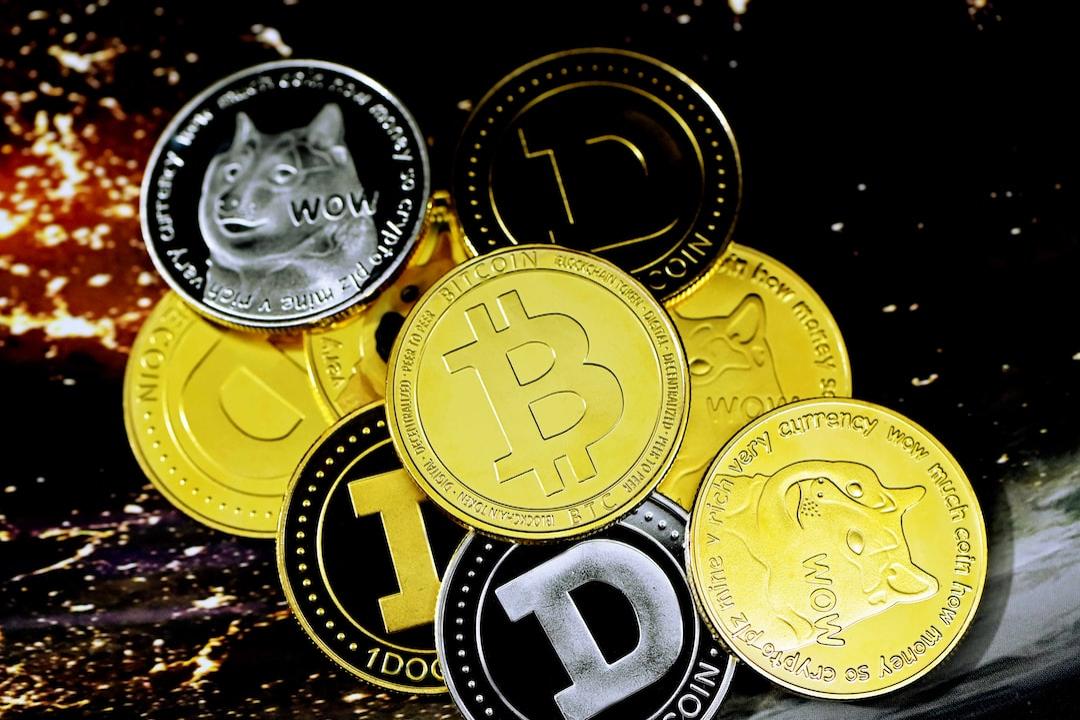Robinhood and Its New Project
Robinhood, a US-based financial application company, is looking to leverage blockchain technology to revolutionize the way investors in Europe engage in cryptocurrency transactions. According to two sources who provided insight on the matter, this project is currently in its developmental stage. As part of its infrastructure, one of three crypto platforms will be selected.
Insiders Indicate the Development of a New Platform
Insiders indicate that the platform under development will explore integrating with three distinct blockchains: Arbitrum, Ethereum 
$1,812, and Solana 
$147. It is also rumored that a partnership with a crypto asset firm might form during the project’s development phase.
Robinhood’s Strategy and Future Plans
Renowned for its role in the GameStop incident, Robinhood plans to offer tokenized US assets, according to Bloomberg. This strategy aims to enhance data security, speed up transaction processes, and improve liquidity by transitioning traditional assets to a blockchain environment. Additionally, it holds the potential to serve as an exemplary model in the industry.
Tokenization of Financial Assets
Tokenization involves converting traditional financial assets into crypto tokens. This process is gaining attention as it allows investors to make faster and more secure transactions. Numerous financial institutions foresee this market reaching trillions of dollars in value.
The Potential Growth of the Tokenized Assets Market
As discussed in previous assessments, it’s anticipated that the market for tokenized assets will significantly expand in the coming years, potentially reaching trillions by 2033. While such predictions fuel optimism for the sector’s future, the unresolved aspects of regulation remain a concern.
Benefits for Cryptocurrencies
The area of Real World Asset (RWA) tokenization is projected to exceed $23 trillion by 2033, prompting many companies to act promptly. BlackRock, the world’s largest asset manager, has quickly achieved a billion-dollar offering with its US bond-based tokenized fund, BUILD. We have also frequently mentioned how organizations like Franklin have launched similar products, which are progressing toward a $10 billion market capitalization.
Tokenization and Its Impact on Cryptocurrencies
Tokenization opens up a new realm for cryptocurrencies. If we’re discussing a trillion-dollar market, with significant parts operating on public blockchains, there’s immense potential for smart contract platforms. For example, in Robinhood’s case, networks like Arbitrum, Solana, and Ethereum are being considered. With optimistic predictions suggesting monthly volumes reaching tens of billions of dollars for some assets on networks like Solana, considerable impacts on network value, institutional adoption, and network revenues are expected. Naturally, the value of SOLCoin (or any token from any network) should reflect these developments.
Future Developments and Market Implications
Robinhood is likely to announce details of its early-stage project soon and may even progress to raising investments. As they reveal their network choice, we can expect to see early outcomes reflected in market charts.
Conclusion
The developments mentioned above are among the factors that could enhance the effects of digital transformation in the financial market. The new digital infrastructure created for investors could provide benefits such as faster transactions and increased liquidity.


